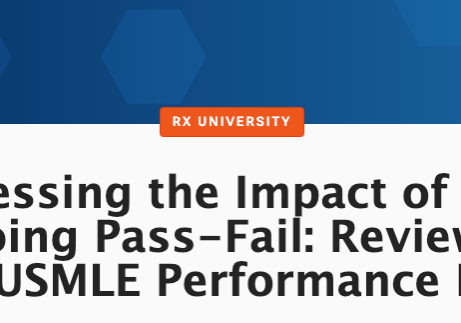By Sasmit Sarangi
 Disclaimer- Please bear in mind that most of the information here has been derived from friends and personal experiences. Some visa situations are extremely complex, so seek legal advice. The information provided here may contain minor inaccuracies, so please feel free to correct me in the comments below.
Disclaimer- Please bear in mind that most of the information here has been derived from friends and personal experiences. Some visa situations are extremely complex, so seek legal advice. The information provided here may contain minor inaccuracies, so please feel free to correct me in the comments below.
Visas are often an extremely vexing issue for IMGs, most of whom are not US citizens and don’t have a green card. Personally, I have debated the benefits and demerits of both commonly used visa types – the J1 visa and the H1B visa. I’ve tried to collate some of the vital information about both major visa types here.
J1 Visa
The J1 visa has emerged as the major current choice for non-citizen/permanent resident IMGs entering residency. This type of visa is ideal for applicants who are interested only in US training and are sure that they will NOT be working in the US after their training is complete. Several programs promote these visas and some categorically state that they will not allow an applicant to work under any other category of visa. All residency J1 visas are sponsored by the Educational Council for Foreign Medical Graduates (ECFMG) so programs don’t have to allot resources and manpower to process visa sponsorship applications.
The J1 visa is an exchange visitor category and a majority of countries require that their citizens be subject to a two year home residency requirement. This means that on completion of your seven-year J1 tenure (the maximum period allowed), you cannot qualify for another US work visa until you have spent two years in your home country. However, there is an important exception to this rule. If you can secure a 3-year position in an underserved area (also called a waiver job), the US government may waive your home residency requirement. For further details about J1 visas for physicians, please refer to http://j1visa.state.gov/programs/physician
H1B Visa
Historically, H1B visas have been the first choice for IMGs over the years. The reason for the popularity of this option has been because it allows the applicant to explore opportunities in the US after residency and to make a decision regarding future directions in US medicine without significant limitations. However, the number of programs that sponsor the H1B visa have declined significantly over the last few years. Programs are increasingly reluctant to finance and process H1B visa applications due to their upward-spiraling costs and complexity. The major advantage of the H1B visa is that they enable a direct transition to a permanent residency status (green card) during the tenure of this visa.
This option is particularly attractive if you desire to continue working in the US after your residency or fellowship. Unfortunately, the current trend toward the J1 visa means that most IMGs are quite likely to find themselves in a situation where they can only pursue residency with a J1 visa. This indirectly increases the period of time that IMGs need to freely practice in the US.
I would personally prefer the freedom that a H1B visa would give me, but doing a residency is a much bigger priority than a particular kind of visa. I understand that the current system is necessary to increase the much needed pool of physicians in underserved areas.
I hope this post can help some of you out there with the challenging process of residency visas. Best of luck for the future!




Thank you for this information! Do you happen to have any information for international students attending an accredited US medical school? We would probably still have to go through the same visas.
Also, if an IMG is on the J-1 visa and gets married to a US-citizen during the tenure of the residency – would they still be required to complete the home residency?
Thanks!
Thank you so much for your comment.
I believe international students attending a US medical school would need the same visas. Also, I know that it is not possible to get a green card from a J1 visa without completing the residency requirements. The J1 visa is like a contract, once you enter it you have to stick to the terms
However, I am not sure if there are any specific exceptions which apply to getting married to a US citizen. I would urge a legal consulation to clarify all issues.
Thank you for your informative post.
My question is: do you think that there would be a chance for 40 year old physician to try USMLE & be enrolled in residency program? In my case; a non-american who is board certified from oversea program & with post-board experience of 7 years?
Thank you in advance.
It is really difficult to answer this question appropriately. I feel that it will be very hard but it can be done. I would suggest that if you get some US clinical experience and try to build a rapport at a particular program, it can definitely help.
Pingback: find the different images
Hi
Thank you so much for the information you gave us.
I would like to know if a H4 visa will be of some help before having any other type of Visa ??
Thank you
V potraviná?ském zejména kv?li svým olejnatým semen?m, ze kterých se zpracovává mouka, olej
?i samotná loupaná ?i neloupaná semena.